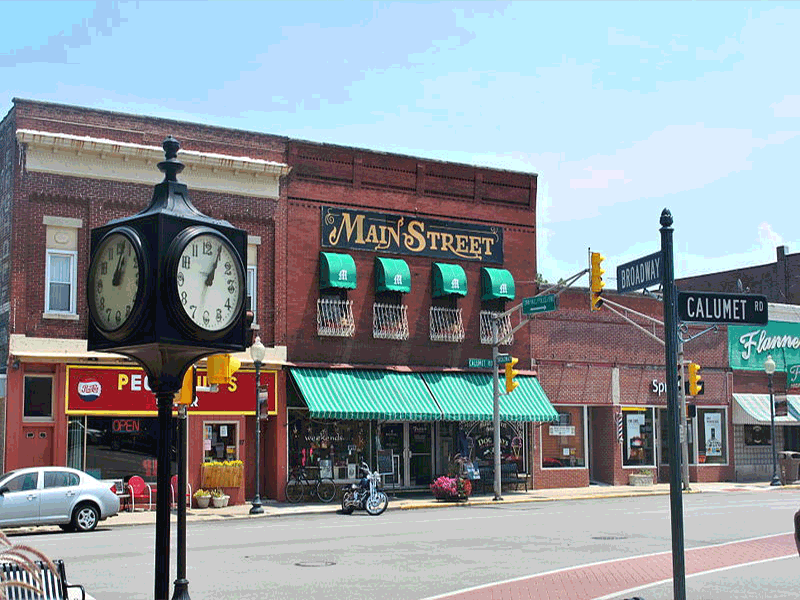“Religious” is one of the words that people have to redefine when they convert to Judaism. Like dinner, which one quickly realize means a meal that one used to call a feast, the word “religious” carries a different connotation within the Jewish community than it does in the secular, or even Christian, world.
It took me a while after I began living a Jewish life to realize what Jews meant when they said someone was religious. Most often, they meant someone who was very observant – kept kosher, was shomer Shabbat, celebrated all the festivals, fasted, etc. In short, they were referring to people who did a lot of Jewish things.
And yet, when I met these people, they didn’t necessarily talk a lot about God, or their relationship with HaShem. That’s not to say that they didn’t value that part of their lives, but it was much less public than I was accustomed to. By contrast, in my pre-Jewish life, when someone was described as religious, it meant that they talked a lot about Jesus, often with the intention of getting other people to become Christians. They might be doing missionary work or Bible study and they were usually, but not always, deeply involved in the work of their church.
I, like many people in my age group, juggle children, jobs, community work and the endlessly reproducing pile of laundry that threatens to overtake my house. It’s hard to find time for religious practice. I struggle with having to take time off from work for festivals, maintaining a kosher (or even kosher-esque) kitchen and remembering to fast on days when I’m running between meetings, each of which tempts me with a new muffin tray.
But I don’t have much of a choice about some aspects of Jewish practice. If I want there to be any Jewish life in Sudbury, Ont., where I live, I have to be religious. I have to show up for the holidays. I have to show up for Hebrew school (sometimes because I’m teaching, other times because I’m in charge of the snacks). I have to show up for services. And the same applies to the other members of our small community. They have to show up, too, because if they don’t, there won’t be a community at all.
When I graduated from teacher’s college, I was offered a full-time job in Toronto. I struggled with the decision. Should I come home to Sudbury, where Jewish life would be much harder and I didn’t have a guaranteed job, but the cost of living was significantly lower and the quality of life I could afford significantly higher? Or should I join the Jewish masses in Toronto and begin my adult life in a place where my Judaism could just be an incidental part of who I was, where I could identify (or not) to the extent that suited me?
I picked Sudbury, and while sometimes I’m frustrated by the amount of work required to maintain a Jewish life here, I know that the Jew I’ve become has been shaped by how religious this place forces me to be. The lack of knowledge about Judaism in the general community has forced me to learn more. The fact that we only have a ba’al tfillah at the High Holidays forced me to learn how to chant and to improve my Hebrew. The paucity of Jewish families forces us to build strong relationships with the ones who are here, even when their definition of Judaism is quite different from ours.
So, I’m religious, for better or worse. You could be, too – just move to a small town. Believe me, we have work for you.
Emily Caruso Parnell lives in Sudbury, Ont. She is a full-time arts educator, a part-time ballet teacher and a volunteer synagogue president.
